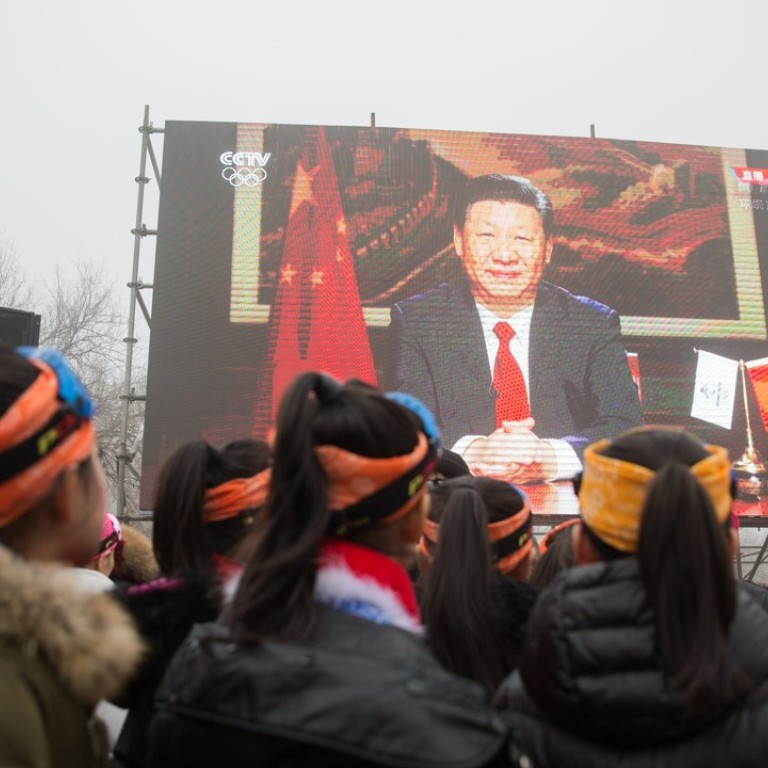
Proposal to abolish term limit for president could buy more time to pursue reforms
As Xi Jinping pushes for the abolition of restriction on years in power, the case for strong leadership needs to be balanced against painful lessons of history
China is no stranger to leadership without time constraint. An exception is the limit of two five-year terms for the country’s president, inserted in the constitution after the chaos of the Cultural Revolution launched by Mao Zedong.
Reaction ranges from empathy with the concept of stable, strong leadership to alarm that the painful lessons of Mao’s long one-man reign have been forgotten. The argument needs to be weighed carefully. There is a difference between one-man rule of nearly a fifth of humanity in a closed society, and one-man rule of an outward-looking, rising global economic and military superpower.
Xi will be taking everything on his shoulders in a nation and a world that is unrecognisable compared with Mao’s times. When things go wrong, as they do from time to time, he will have to bear the responsibility.
Will he be tempted to shore up his authority by tightening his grip on power? And what about a clear, transparent mechanism for transition of power which, unlike after Mao’s death, is no longer just China’s internal affair, but a legitimate concern of other countries.
The reality is that the president is no longer just a figurehead but, as head of state, is integral to the strong party leadership seen as needed to push ahead with Xi’s policies at home and abroad.
After his popular campaign against official corruption during his first five-year term, there is an argument, embraced by an elite consensus, that he needs more than 10 years to totally revamp the party and put its house in order.
One factor is that thanks to resistance from vested interest groups, important economic reform has lost momentum. There is therefore a need for a very strong leader who is there long enough to break down factionalism and resistance, from those who would otherwise be prepared to just bide their time until he was gone. Hence the need to flag Xi’s intention early in his second term.

